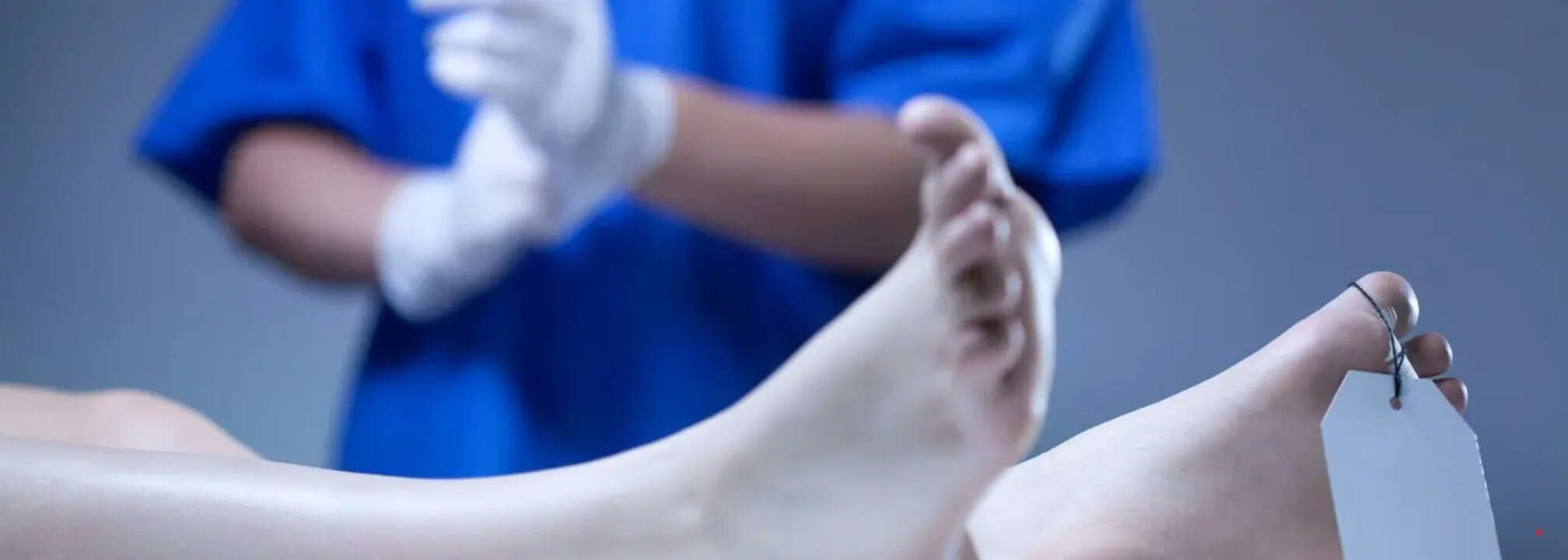What Happens To Human Bodies After Death?

Dead Body (Credit: Canva)
SummaryIn a video that has now gone viral, hospice nurse Julie outlined the physical changes that occur in the body after death. Right from release of fluids to discoloration, here's what happens to body after death.
End of Article
